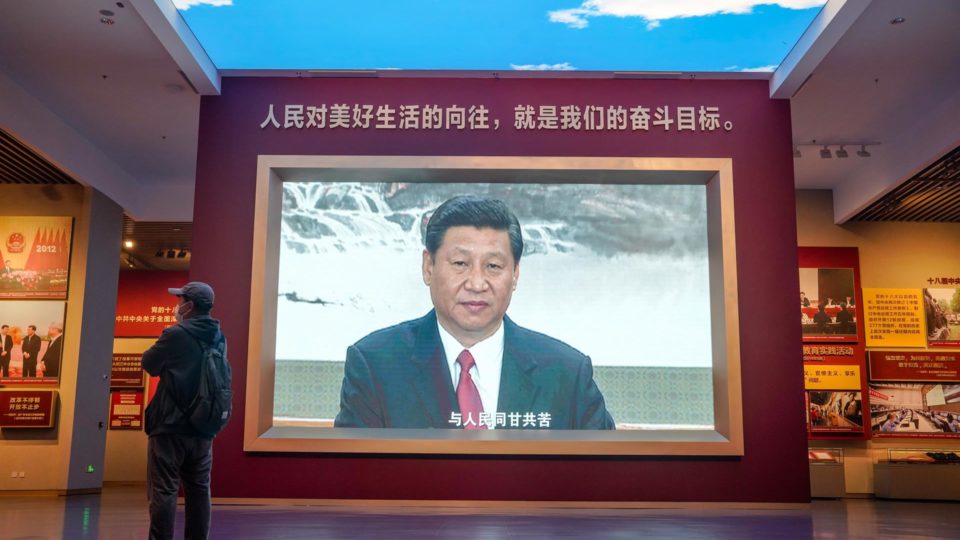The 20 th Congress of the Communist Party of China (CPCh), which starts this Sunday ( ) in Beijing, must not be one of those moments that open an era, but one of those points in history that indicate an escalation in a long-announced trend – and with unpredictable consequences.
It has been known since at least 2018, when the Chinese Parliament abolished the presidential term limit, which dictator Xi Jinping, who has been in power since 20, did not would follow the tradition of stepping down from the presidency after two five-year terms and appointing a successor.
At next week’s event, which will bring together some 2,300 CCP delegates, Xi is expected to be reappointed to the post of secretary general of the party, to begin an unprecedented third term in the Chinese presidency at the beginning of 2023.
In his almost ten years of government, the dictator became known for a growing authoritarianism and a path of personality cult that made him considered the most tyrannical leader of China since Mao Zedong.
“He thinks that the only instrument with which he can govern China at home and make gains abroad is a unified, strong and powerful. So he took on the mission of strengthening the party under his rule. Xi has strengthened himself and strengthened the party as a vehicle for himself,” Richard McGregor, a senior fellow at Australia’s Lowy Institute, told CNN.
On the pretext of fighting corruption and avoiding coups state, Xi promoted intense persecution within the CCP, and then took this authoritarian view to China’s internal (which included economic policy, with greater interference in the private sector) and external affairs.
Alleging facing radicalism and terrorism, violently persecuted the Uighurs and other Muslim minorities in Xinjiang, a policy that was considered genocidal by the United States.
In Hong Kong, the region’s autonomy fell apart with the repression to protests and subsequent changes in legislation that served as the basis for persecution against pro-democracy politicians and activists, civil society organizations and the independent press (which practically no longer exists).
In foreign policy, military investments, cad rhetoric the increasingly aggressive stance against Taiwan (which Beijing considers a rebel province, to be reincorporated until 2049) and the rapprochement with Russia, with whom it deepened economic ties after the Kremlin’s invasion of Ukraine, further alienated the Western China, with whom relations were already shaken due to the predatory commercial actions of Beijing.
The rapprochement with Latin American and African governments, through investments in infrastructure of the New Silk Road program and other partnerships raises the concern of Washington and allies.
Interestingly, Xi is likely to become even more powerful at a time when the country’s economy, which has made China a protagonist in recent global geopolitics, is experiencing its worst moment in decades.
Due to the successive lockdowns of the Covid-zero policy and other factors, such as the drought that hit the country this year, Chinese GDP is expected to grow by only 2.8 % in 2022, according to the most recent World Bank forecast. This would represent the second worst result since 1976 – the weakest performance was the 2.2% growth of 2020, the first year of the pandemic.
Even with the signs of dissatisfaction from the Chinese people taking to social media (demonstrations promptly censored by the CCP) and the first protests emerging, Xi does not signal any opening – let alone that he will leave power at the end of the next five years.
“He’s going to serve his third term, but people are like, well, what about five years from now? And ten years from now? Will there be a plan for Xi Jinping’s succession?” Victor Shih, an expert on Chinese politics and finance at the University of California, asked NPR.


